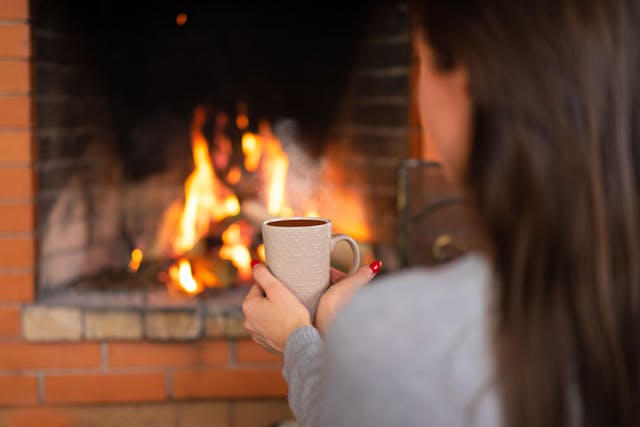When Helping Isn’t Holding: The Quiet Erosion of Homemaking in a Busy World
These days, it’s easier than ever to feel productive while missing the point.
In many modern households, especially where one parent stays home, the lines between “helping” and “holding things together” have started to blur. The work is real. The hours are long. But something essential is being lost in the process.
Take our home, for example.
My wife homeschools our children. She’s organized, devoted, and deeply invested in their learning. Most of her days are filled with lesson plans, co-op meetings, and managing the beautiful chaos of education. And she’s excellent at it.
But despite all the effort, the house doesn’t run like it used to. Meals are a scramble. The rooms stay cluttered. Laundry piles grow taller. The soft, steady rhythm of homemaking—the kind that makes a house feel peaceful and whole—has slipped into the background.
And when we talk about it, the answer is always the same:
“I’m working so hard already.”
And she is. But hard work alone isn’t what makes a home work.
The Difference Between Contributing and Carrying
There’s a subtle trap we fall into: believing that effort in one area justifies neglect in another. It’s like finding a $100 coat on sale for $30 and saying you made $70. Sure, you saved money. But you didn’t earn any.
The same thing happens in the home. Just because we’re pouring energy into a valuable task—whether it’s homeschooling, freelancing, volunteering, or managing endless errands—doesn’t mean we’re attending to the work that holds the house together.
And this isn’t about blame. It’s about clarity.
Homemaking—the emotional tone, the physical care, the order, the warmth—can’t be outsourced to other efforts. It has to be intentionally built, day by day.
Wisdom Builds the House
Scripture offers a powerful reminder in Proverbs 14:1:
“The wise woman builds her house, but with her own hands the foolish one tears hers down.”
This verse doesn’t speak about effort. It speaks about wisdom.
Building a home takes more than busyness. It takes deliberate care, quiet consistency, and sometimes even sacrifice. It requires understanding the unique power we hold when we shape the environment our families live in. And that starts with perspective.
Homemaking is not lesser work. It’s foundational work.
The Psychology of the Atmosphere
Modern psychology supports this. Research on emotional labor shows that the invisible tasks of managing mood, routine, and the emotional needs of others play a huge role in family well-being.
When the structure of a home is off, it creates stress across the board—higher anxiety for kids, strained marriages, and increased burnout (Hochschild & Machung, The Second Shift). Even when everyone is “working hard,” the absence of calm and order creates a silent undertow pulling everything out of sync.
In other words, a peaceful home doesn’t happen by accident. It’s created—on purpose, with love, every single day.
What We May Be Forgetting
It’s tempting to lean into the work that looks good on paper. The kind of work you can write about in a journal or talk about at a gathering. But the most powerful work we do often goes unseen.
Creating meals, folding laundry, wiping counters, maintaining routines, noticing what’s missing—these are acts of service that reflect God’s heart. He’s a God of order (1 Corinthians 14:33), a God who prepares spaces (Psalm 23:5), and a God who values what is done in secret (Matthew 6:4).
When we forget that, we risk trading long-term peace for short-term pride.
Holding the Home Matters
Homemaking isn’t just a leftover concept from the past. It’s a present need—one that holds up the entire family system. Without it, even the most productive households feel hollow.
And so, maybe the question isn’t:
“Am I doing enough?”
Maybe it’s:
“Am I building what lasts?”
Sources
- Proverbs 14:1, 1 Corinthians 14:33, Psalm 23:5, Matthew 6:4 (NIV)
- Hochschild, Arlie Russell & Machung, Anne. The Second Shift: Working Families and the Revolution at Home
- American Psychological Association. (2014). Stress in America: Are Teens Adopting Adults’ Stress Habits?





